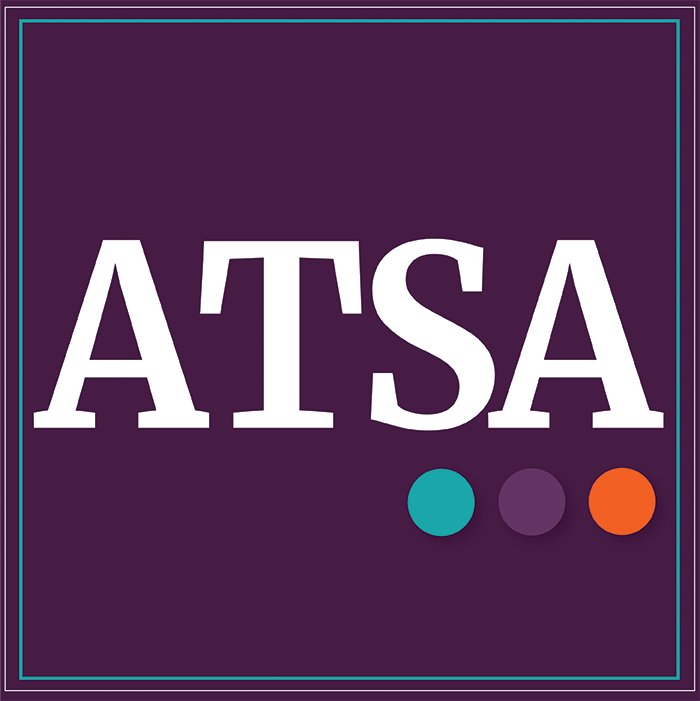
MEMBER SPOTLIGHT: Ryan Shields, PhD
Ryan T. Shields, Ph.D., is an assistant professor in the School of Criminology and Justice Studies at the University of Massachusetts Lowell. Prior to joining UMass Lowell, he was an assistant scientist and the Associate Director of the Moore Center for the Prevention of Child Sexual Abuse at the Johns Hopkins Bloomberg School of Public Health. His research is primarily centered on the intersection of criminal justice and public health.
What's a hobby or passion you pursue outside of work that brings you joy?
I love to cook, especially Italian food and seafood. Scallops, oysters, fish with Italian herbs and spices. One of my favorite meals to prepare is mussels in white wine, garlic, and lemon. And I am from Baltimore, so I can make a mean crabcake.
Can you share a piece of advice that has significantly impacted your life or career?
When I was a doctoral student and preparing to go on the job market, my professor, Patricia Warren, asked me, “Ryan, who are you? What kind of scholar are you?” In the moment, I froze and mumbled something awkward, I am sure. But later, it made me reflect on the kind of researcher I wanted to be. The kind of professor I wanted to be. The kind of colleague I wanted to be. It made me focus on guiding values, not on output. I don’t think I realized the importance of that question then, but now I do.
Is there a skill or talent you've always wanted to master, and why?
I have been studying Italian since the pandemic (through apps and workbooks). I have traveled to various parts of Italy and can usually get by with my basic level of understanding. Still, I would love to become a fluent speaker and not sound like a bambino when I speak.
What was a pivotal "A-HA" moment in your career that changed your perspective or approach?
I was trained as a criminologist, so much of my early focus was on after-the-fact criminal justice responses to child sexual abuse and sexual violence. When I met the leaders in our field studying prevention (people who today I call friends), it opened my eyes, shifted my perspective, and truly changed my life. Prevention is, at its core, hopeful and that hope infuses my work today.
Are there any books or podcasts you're currently/recently enjoying that you'd recommend to our members?
I listen to a lot of comedy podcasts. Listen, our work can be stressful. So, to start your day or spend your commute laughing is not a bad thing to do.
Can you describe a failure or setback that ultimately led to significant personal growth or success?
When I was on the job market at the end of my doctoral program, I applied for an assistant professor position that I would have sworn was written for me. I was the perfect fit, I thought. And I was never called for an interview. It felt like a major setback, and I struggled to process that “loss.” But soon, another job opportunity appeared, and I got it. And it set the trajectory of my career and changed my life. So, in the face of disappointment, it’s important to recognize that you never know what opportunities are waiting around the corner.
What's the most unique or meaningful item on your desk, and what's the story behind it?
Right now, the most meaningful item is a picture of my dog Stevie who recently passed away. I got her after my first semester in my doctoral program and we were together for 15 years. Seeing her sweet face in the picture every day makes me smile. As for most unique, it is a buzzer that, when hit, plays random Golden Girls quotes. Hilarious.
What's one thing you've learned in your career that you wish you knew when you started?
Learn a citation software! Zotero, EndNote, something! I have a history of failed attempts to adopt a citation software, and it always fizzles out. I am still crafting my reference lists by hand. Think of the time I could save!
How do you see your field evolving in the next 5-10 years, and how are you preparing for those changes? I am really encouraged by the evolution of prevention, especially primary prevention, in our field. Through the development of some promising programs, more funding for prevention science, and especially ATSA’s name change, it seems like prevention is becoming a major part of the conversation around sexual abuse. I hope this continues to grow and evolve. It is exciting to see and be a part of that evolution.
What's a recent professional accomplishment you're proud of, and why?
With my colleagues Elizabeth Letourneau and Amanda Ruzicka, we successfully launched Help Wanted, an online intervention for people who are attracted to children. It has taken off, the response has been overwhelming positive and supportive, and it continues to grow in its reach. It has been amazing to be a part of this team. Additionally, in the past year, I successfully obtained promotion to Associate Professor with tenure. Woohoo!
